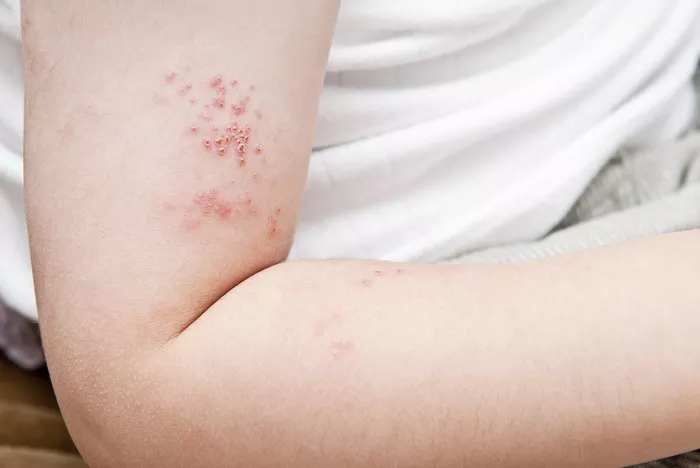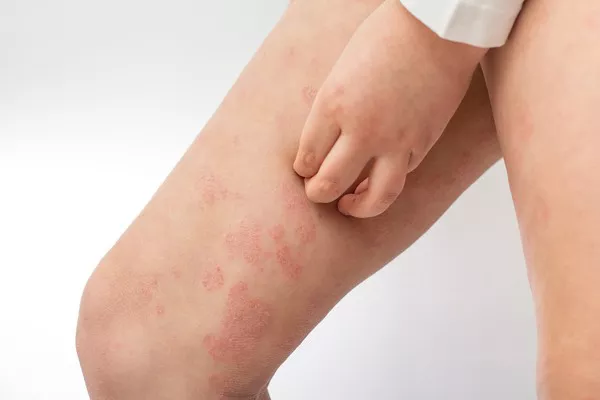Shingles, also known as herpes zoster, is a painful viral infection caused by the reactivation of the varicella-zoster virus (VZV), the same virus that causes chickenpox. After an individual recovers from chickenpox, the virus remains dormant in the nerve tissues and can reactivate years later, leading to shingles. One of the primary concerns for those diagnosed with shingles and their close contacts is the contagion risk, particularly after starting antiviral treatment. This article will explore whether shingles remains contagious after antiviral therapy, the nature of the virus, the impact of antiviral drugs, and best practices for managing and preventing transmission.
Understanding Shingles and Its Contagion
The Varicella-Zoster Virus (VZV)
The varicella-zoster virus is a member of the herpesvirus family. Primary infection with VZV results in chickenpox, characterized by an itchy, blister-like rash. Following recovery, the virus enters a latent phase in the dorsal root ganglia of the nervous system. Reactivation of VZV leads to shingles, which manifests as a painful, localized skin rash often accompanied by other symptoms such as fever, headache, and malaise.
Transmission of Shingles
Shingles itself is not directly contagious in the same way as chickenpox. However, the VZV present in the shingles rash can cause chickenpox in individuals who have not previously been infected with the virus or have not been vaccinated against it. Transmission occurs through direct contact with the fluid from the blisters of the shingles rash. Respiratory spread, such as that seen with chickenpox, is less common in shingles cases.
Antiviral Treatment for Shingles
Mechanism of Antivirals
Antiviral medications such as acyclovir, valacyclovir, and famciclovir are commonly prescribed to treat shingles. These drugs work by inhibiting viral replication, thereby reducing the severity and duration of the infection. When administered within 72 hours of the onset of the rash, antivirals can significantly lessen the intensity of the pain, accelerate healing, and decrease the risk of complications such as postherpetic neuralgia.
Impact on Contagion
While antivirals are effective in managing the symptoms and progression of shingles, they do not completely eliminate the virus from the body. The primary role of antivirals is to reduce viral activity and replication, which in turn decreases the amount of virus present in the lesions. This reduction can lower the risk of transmission, but it does not completely eliminate it.
Shingles Contagion After Starting Antivirals
Risk During Active Lesions
The risk of contagion is highest when the shingles rash is in the blistering stage, as the fluid within the blisters contains a high concentration of the virus. Antiviral treatment can help to dry out the lesions more quickly, reducing the period during which the virus is actively shedding. However, as long as there are active, oozing blisters, there remains a risk of transmission to others.
Risk After Lesions Scab Over
Once the blisters have scabbed over, the risk of spreading the virus decreases significantly. At this stage, the virus is no longer present in the fluid, and the potential for transmission is greatly reduced. Antiviral therapy can help expedite this process, meaning that the contagious period may be shorter in treated individuals compared to those who do not receive antivirals.
Practical Considerations and Preventive Measures
Personal Hygiene and Care
Individuals with shingles should take certain precautions to minimize the risk of spreading the virus, especially to those who are more susceptible, such as pregnant women, infants, and immunocompromised individuals.
- Cover the Rash: Keep the rash covered with a non-stick bandage or loose clothing to prevent direct contact with the blister fluid.
- Avoid Scratching or Touching the Rash: This can reduce the likelihood of transferring the virus to other parts of the body or to other people.
- Hand Hygiene: Wash hands frequently with soap and water, especially after touching the rash or applying medication.
Isolation Recommendations
While complete isolation is generally not necessary, individuals with active shingles should avoid close contact with vulnerable populations until the rash has fully scabbed over. This is particularly important in settings such as hospitals, nursing homes, and households with unvaccinated children or immunocompromised members.
Post-Exposure Prophylaxis and Vaccination
Varicella Vaccine
The varicella (chickenpox) vaccine is effective in preventing primary VZV infection. Vaccination significantly reduces the risk of developing chickenpox and subsequently shingles. It also reduces the severity of the disease if it does occur.
SEE ALSO: Does Shingrix Make You Tired?
Shingles Vaccine
For older adults, the shingles vaccine (such as Shingrix) is recommended to prevent shingles and its complications. Shingrix has been shown to be over 90% effective in preventing shingles and postherpetic neuralgia. Vaccination is a key strategy in reducing the overall incidence of shingles and its transmission.
Special Considerations for Immunocompromised Individuals
Immunocompromised individuals are at higher risk for severe complications from both chickenpox and shingles. For these individuals, exposure to VZV can lead to disseminated infection, which can be life-threatening. Therefore, it is crucial to avoid contact with individuals who have active shingles until the lesions have completely healed.
Antiviral Prophylaxis
In certain cases, antiviral prophylaxis may be recommended for immunocompromised individuals who have been exposed to VZV. This preventive treatment can help reduce the risk of developing chickenpox or severe shingles.
Conclusion
Shingles remains a significant public health concern, particularly due to its potential for transmission to susceptible individuals. While antiviral medications effectively reduce the severity and duration of shingles, they do not completely eliminate the virus from the body. Consequently, individuals with shingles can still be contagious until the lesions have fully scabbed over, although the risk is reduced with antiviral treatment.
Understanding the nature of the varicella-zoster virus, the impact of antiviral therapy, and the best practices for preventing transmission are essential for managing shingles and protecting vulnerable populations. Vaccination remains a critical component of public health strategy, reducing the incidence of both chickenpox and shingles and mitigating the associated risks.
By adhering to recommended precautions and treatment protocols, individuals with shingles can effectively manage their condition and minimize the risk of spreading the virus to others.
Related Topics:


























